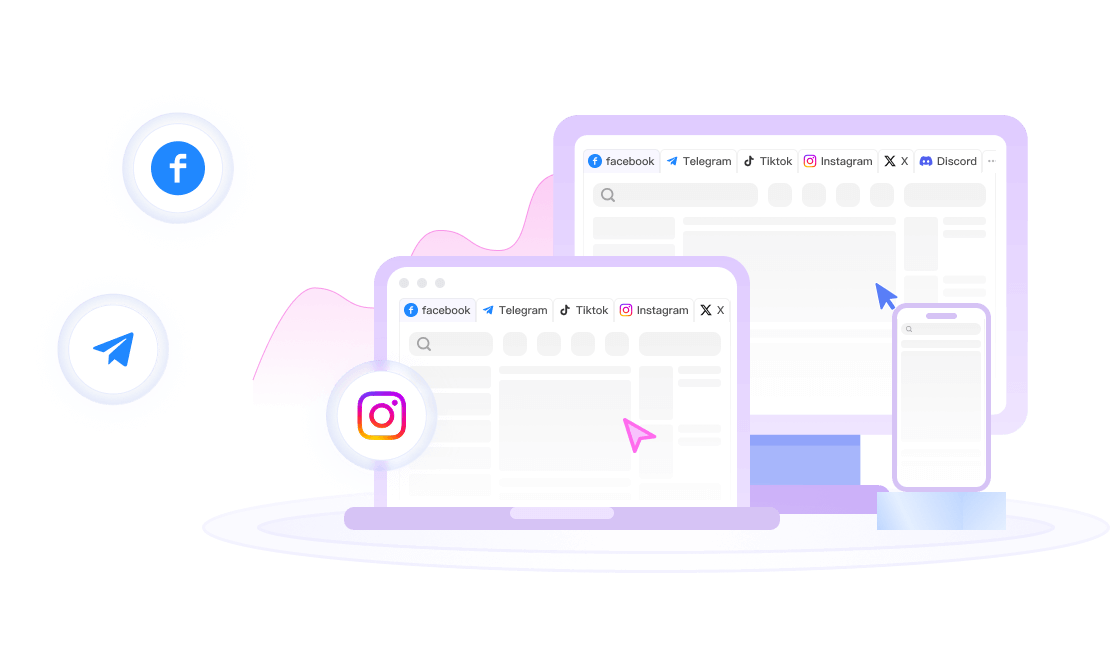IPChicken.com is a simple and amusing website whose main function is to help users quickly check their public IP address. The prominent “chicken” graphic on the site makes this technical tool feel surprisingly friendly. In addition to displaying the IP address, it also provides other important network connection information.
10 Questions and Answers about IPChicken
1. What exactly does IPChicken.com do?
IPChicken.com is a free online tool that anyone can use to instantly see the public IP address their device is using to connect to the internet.
2. What information does IPChicken display?
When you visit the site, it clearly lists your:
- Public IP Address: This is your “house number” on the internet.
- Name Address (Hostname): The network name associated with your IP address.
- Remote Port: The port your browser uses to establish a connection with the website’s server.
- Browser Information: Your browser’s User-Agent string, which contains information about your operating system and browser type.
3. What is an IP address, anyway?
An IP address (Internet Protocol address) is a unique numerical label assigned to each device connected to a network, used for identification and communication between devices. Just like your home address, an IP address ensures that data is sent to the correct device on the internet.
4. Why would I need to know my IP address?
Knowing your IP address is useful in many situations, such as setting up a remote desktop connection, hosting a network game server, checking network security settings, or verifying if a proxy/VPN is working correctly.
5. What does the “Port” shown on IPChicken mean?
A port is a logical connection endpoint in network communication. Different network services use different port numbers; for example, web browsing typically uses port 80 (HTTP) or 443 (HTTPS). The remote port displayed by IPChicken is a temporary port on your device opened for this specific browsing session.
6. Is my IP address permanent?
Not necessarily. Most home users have a dynamic IP, which is dynamically assigned by their Internet Service Provider (ISP) and may change from time to time. In contrast, servers or businesses often use a static IP, which is a fixed, unchanging address.
7. Does IPChicken show my public or private IP?
It shows your public IP. This is the address your router or modem uses on the internet. Within your local home network, your router assigns private IPs to devices like your phone and computer, and these private IPs are not directly accessible from the internet.
8. Can my IP address compromise my privacy?
Yes. Your public IP address can reveal your general geographical location (country, city) and your Internet Service Provider (ISP). Therefore, exposing your real IP address carries certain risks in privacy-sensitive scenarios.
9. Is the “Browser Information” displayed on the site important?
Very important. This piece of information, known as the User-Agent, is part of your browser fingerprint. Websites identify and track users not just by their IP but by combining it with the User-Agent, fonts, screen resolution, and other data points.
10. What’s the takeaway from using a tool like IPChicken?
It visually demonstrates that any website you visit can easily obtain your IP address and browser information. This serves as a reminder that our digital footprints are visible by default on the internet. Professional tools are needed if you want to protect your online identity and privacy.
How to Truly Protect Your Online Environment: FlashID Fingerprint Browser
As we’ve seen on IPChicken, websites can easily access your IP and device information. When combined, this data forms a unique “browser fingerprint.” Web platforms use this fingerprint to identify and track you. Even if you clear your cookies or change your IP, you could still be linked due to the similarity of your fingerprint.
This poses a significant challenge for users who need to manage multiple accounts (for e-commerce, social media marketing, ad campaigns) or who desire a high degree of anonymity.
FlashID is a fingerprint browser designed precisely to solve this problem.
- Create Isolated Browser Environments: FlashID allows you to create multiple, independent browser profiles. Each profile has a completely new and unique browser fingerprint, including a different IP address (when used with a proxy), User-Agent, Canvas fingerprint, fonts, timezone, and more.
- Prevent Environment Detection and Account Linking: When you use different FlashID profiles to visit a website, it appears to the site as if they are separate visitors from different locations using different devices. This fundamentally prevents platforms from linking your multiple accounts through browser fingerprinting.
- Protect Your Digital Identity: Whether you’re conducting market research, verifying ads, or managing multiple online assets, FlashID helps you protect your real environment information, ensuring the security and anonymity of your operations.
If you are looking for a more comprehensive privacy solution that goes beyond simple IP hiding, the FlashID fingerprint browser is your ideal choice.
You May Also Like
